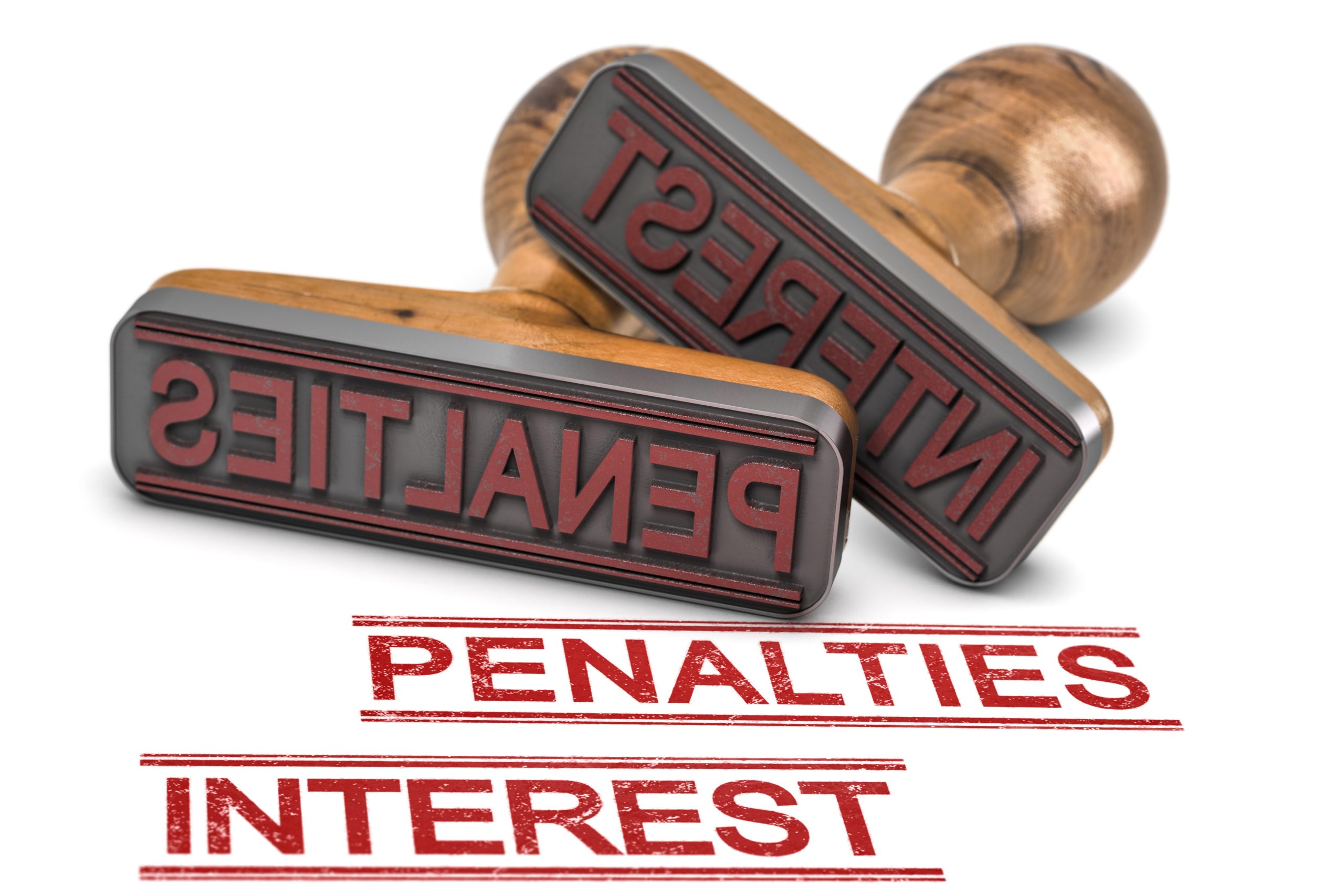
Tax season is approaching, and with it comes the ever-present concern about deadlines and penalties. While navigating the complexities of tax filing can feel daunting, staying informed about updates can help you stay on top of your obligations, seek timely IRS debt relief, and avoid unnecessary stress. This blog post delves into the key changes in IRS penalty amounts for 2024, empowering you to make informed decisions regarding your tax situation.
Overview of IRS Penalty Updates for 2024
The Internal Revenue Service (IRS) periodically adjusts penalty amounts to account for inflation and ensure fair enforcement of tax laws. For the 2024 tax year, several key changes have come into effect, impacting penalties associated with:
- Late filing of individual and business tax returns, including Forms 1040, 1040-NR, 1120, and others.
- Late payment of taxes, applying to income taxes, estimated taxes, and payroll taxes.
- Failure to file or pay required forms, encompassing various forms such as W-2s, 1099s, and excise tax returns.
Key Changes in IRS Penalty Amounts for 2024
Here’s a revised breakdown of the key changes in IRS penalty amounts for 2024:
- Late Filing Penalty: The penalty for filing individual tax returns after the due date (excluding extensions) has doubled to 1 percent per month, compared to the previous rate of 0.5 percent. Consequently, the maximum penalty for late filing can now reach 5 percent for returns filed over 5 months late, up to a maximum of 25 percent.
- Late Payment Penalty: Similarly, the penalty for paying taxes late has increased to 0.5 percent per month, up from 0.25 percent previously. This results in a maximum penalty of 5 percent for payments over 10 months late.
- Failure to File or Pay Estimated Taxes: Penalties for failing to file or pay estimated taxes have experienced slight increments, ranging from 0.5 percent to 1 percent per month, depending on the specific penalty type.
- Failure to File Certain Information Returns: Penalties for neglecting to file certain information returns, such as 1099 forms, have been adjusted, with some penalties increasing by as much as 20 percent.
- Information Return Penalty: This applies to taxpayers engaged in trade or business who fail to furnish their required return or payee statement correctly by the due date. Initially, a penalty of $60 will be incurred for up to 30 days of delay, escalating to $310 after August 1st. Failure to file altogether will result in a penalty of $630.
- Accuracy-Related Penalty: The accuracy-related penalty, imposed for underpayments due to negligence or disregard of tax rules, remains significant at 20 percent of the portion of the underpaid tax amount. This underscores the critical importance of precise tax reporting.
- Erroneous Claim for Refund or Credit Penalty: The penalty is charged when taxpayers submit a claim for refund or credit of income tax without reasonable cause. The penalty amount for an erroneous claim is 20 percent.
Understanding the Revised IRS Penalty Amounts for 2024
While these changes might seem minor, they can accumulate quickly, adding a significant burden to tax liabilities. It’s essential to understand the implications for your specific situation. Here are some key points to remember:
- The penalties apply per month or quarter: Do not underestimate the impact of delayed action. The longer you wait to address late filings or unpaid taxes, the higher the penalties will accrue.
- Thresholds exist for some penalties: Not everyone will face increased penalties. For individual late filing penalties, a threshold applies based on the amount of tax owed. Consult the IRS website or our tax professional for details.
- Relief options are available: Facing overwhelming penalties? Do not despair! The IRS offers options like penalty abatement, which may reduce or eliminate your penalties under certain circumstances. Consulting our tax attorney in Fort Worth, TX, can help you explore these options and navigate the complexities of tax penalty relief.
Notable Adjustments to IRS Penalties in 2024
Beyond the mentioned changes, here are some additional points to consider:
- Extensions: Filing for an extension remains an option to avoid late filing penalties. However, remember that extensions only grant more time to file, not to pay. Late payment penalties will still accrue on any unpaid balance after the original due date.
- Reasonable Cause Exception: The IRS may waive or reduce penalties if you can demonstrate reasonable cause for failing to file or pay on time. Consulting with our tax attorney can help you evaluate whether you qualify for this exception and navigate the process of requesting penalty relief.
- IRS Debt Relief Programs: For taxpayers facing significant tax debts and struggling to comply with their obligations, various IRS debt relief programs might be available. Our qualified tax attorney can guide you through these programs and assist you in finding the most suitable solution for your situation.
Last Word
Staying informed about IRS penalty updates is crucial for responsible tax management. While this blog provides a general overview, remember that every tax situation is unique. If you have questions or concerns about the revised penalty amounts for 2024, or if you’re facing potential penalty issues, contact the Law Offices of Nick Nemeth in Fort Worth, TX. Our experienced tax attorneys can provide personalized guidance and help you navigate the complexities of tax law with confidence. To discuss your requirements or learn more about IRS penalty abatement options in Fort Worth, TX, call (817) 623-5399. Alternatively, you can fill out our contact form.


